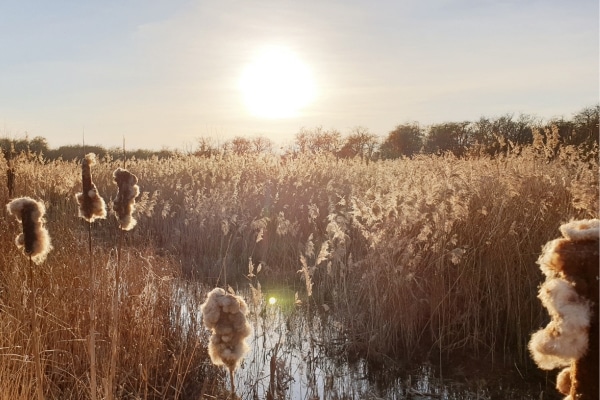
Celebrating World Wetlands Day 2024
To mark World Wetlands Day 2024, Sarah Pinnell explains what makes wetland habitats so special and highlights some of the work carried out to protect them.
Get information on the legal shooting season for mammals and birds in the UK.
Apply for funding for your project or make a donation today
Comprehensive information and advice from our specialist firearms team.
Everything you need to know about shotgun, rifle and airgun ammunition.
Find our up-to-date information, advice and links to government resources.
Everything you need to know on firearms law and licensing.
All the latest news and advice on general licences and how they affect you.
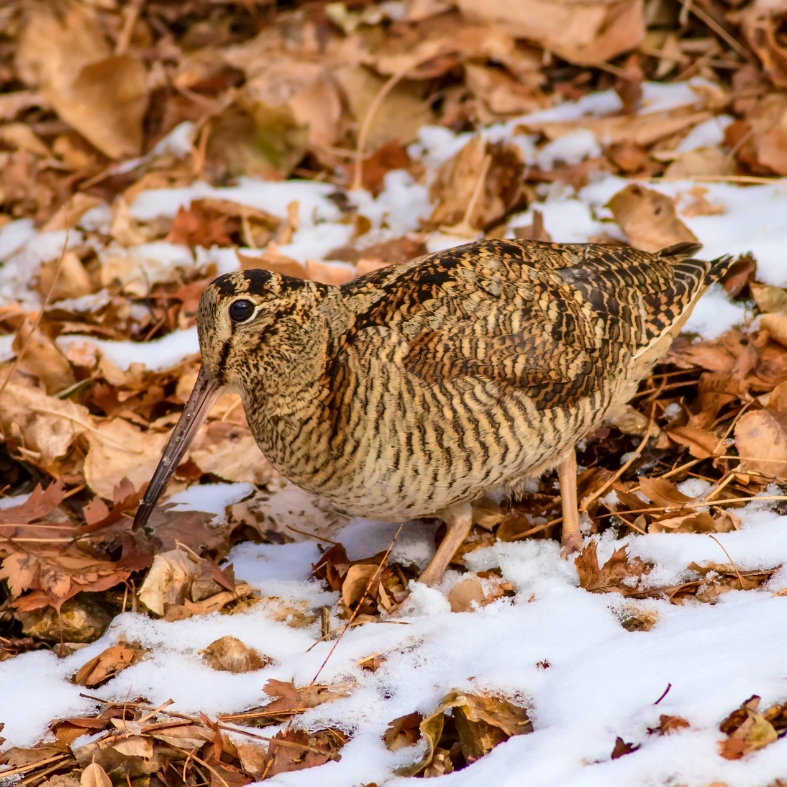

A brand new study of voluntary restraint by woodcock shooters shows what happens when the shooting community takes responsibility for quarry species, as BASC’s senior scientific advisor Dr Cat Mcnicol explains.
At a time when widespread conservation efforts are more crucial than ever, our recently published study, undertaken in collaboration with the University of Exeter, on the voluntary restraint of woodcock hunting in the UK shines a spotlight on the invaluable contributions of the shooting community to game and wildlife research.
We were able to explore shooters’ proactive role in conservation and species management thanks to the community’s meticulous record-keeping and survey participation.
The migratory woodcock overwintering in the UK boost our own resident population from November onwards. These migratory birds arrive from across Europe and Russia.
Although the large winter population (around 1.4 million birds) has remained stable in size, the resident breeding population (estimated at 51,687 male birds) has been in decline in both its size and range since the mid-1980s.
This decline is attributed to several factors, including habitat loss and climate change, alongside an unknown impact of hunting.
As a result, there have been calls to shorten or remove the open season for woodcock in the UK. Our study investigated if and how the shooting community has voluntarily changed the way woodcock are harvested over time. We asked the question: is a legal change in the season really required?
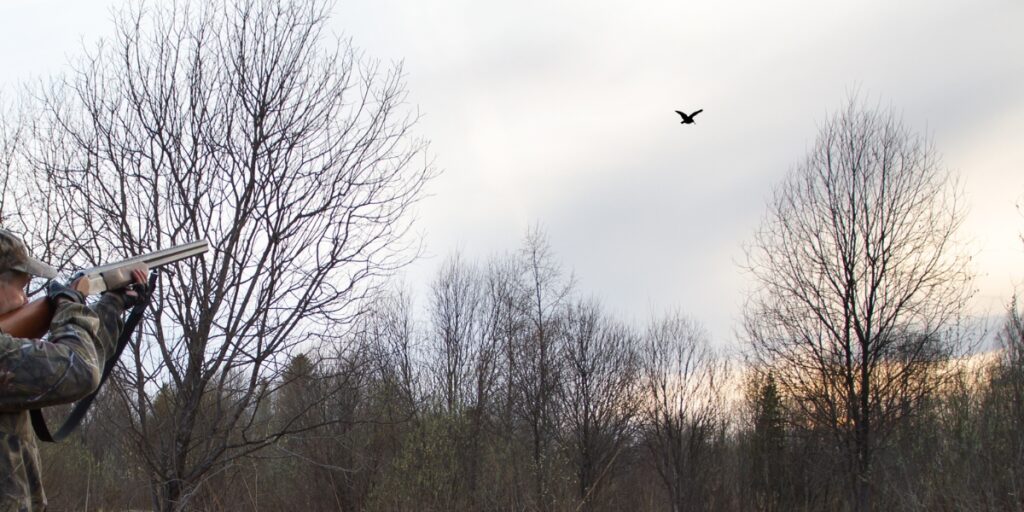
Researchers highlighted the profound impact of the hunting community’s voluntary efforts in the monitoring, harvest and ultimately conservation of woodcock populations in the UK. By delving into changes in woodcock harvests over time using game card records, bag returns, BASC wing survey submissions and online surveys by shooting membership organisations, this study shows a compelling narrative of behaviour change at grassroots level.
The migrant population of woodcock is substantial and stable, suggesting their harvest is sustainable on a flyway level. Relatively few woodcock are harvested in the UK when compared with other quarry species. Records indicate the bag sizes of woodcock have declined over time and the shooting of this species is undertaken by a small proportion of hunters.
More importantly, researchers found that since the mid-20th century there has been a substantial shift in when woodcock are being shot during the open season. Since the early 2000s, the majority of woodcock are being shot after 1 December. This particular date is suggested to be well after migrant birds have arrived in the UK. Therefore, the chance of resident breeding birds being shot is much reduced. In fact, more than 90 per cent of hunters report they now choose not to shoot woodcock before 1 December, if at all.
The change aligns with current advice from the Game & Wildlife Conservation Trust (GWCT) which not only suggests early season restraint but encourages hunters to:
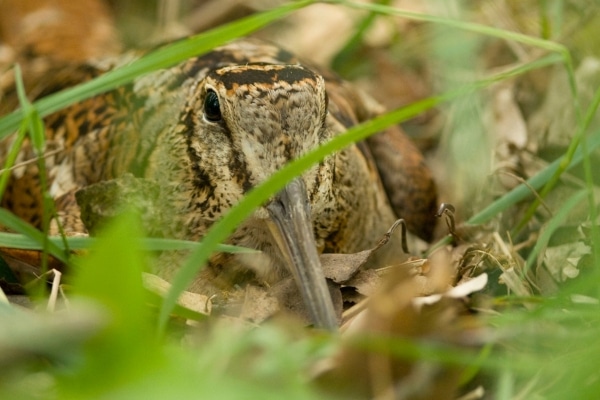
Species populations rise and fall, and winters come and go much faster than the cogs of bureaucracy turn. Therefore, the way the shooting community behaves in terms of how and when we harvest species could be a more dynamic and effective means of conservation than any other form of regulation.
The recent Breeding Woodcock Survey results undertaken by the GWCT and the British Trust for Ornithology indicate continued population declines alongside small areas of population recovery. This study helps us understand how the shooting community is responding. Many shooters work to minimise any impact on the breeding population of birds in Britain.
Shooters not only harvest, but also respect and admire all the quarry species. They hold an innate will to conserve them.
The shooting community is clearly able to work together to proactively monitor and safeguard quarry populations.
The widespread voluntary restraint of resident woodcock harvest demonstrates that hunters are integral partners in conservation. We are able to balance sporting traditions with the need to preserve wildlife and their habitats for future generations.
There is more to conservation than legislation and policy driven changes. True conservation efforts rely on the passion and commitment of individuals and communities who engage directly with wildlife. Grassroots and community-led action can provide invaluable data. It also helps foster a sense of stewardship, and create sustainable practices that complement, rather than conflict with formal regulations.
This study demonstrates the ability of the shooting community to come together to enable conservation alongside the continuation of shooting. Self-regulation is not a pipe dream, it’s happening already and it is something we should be proud of.
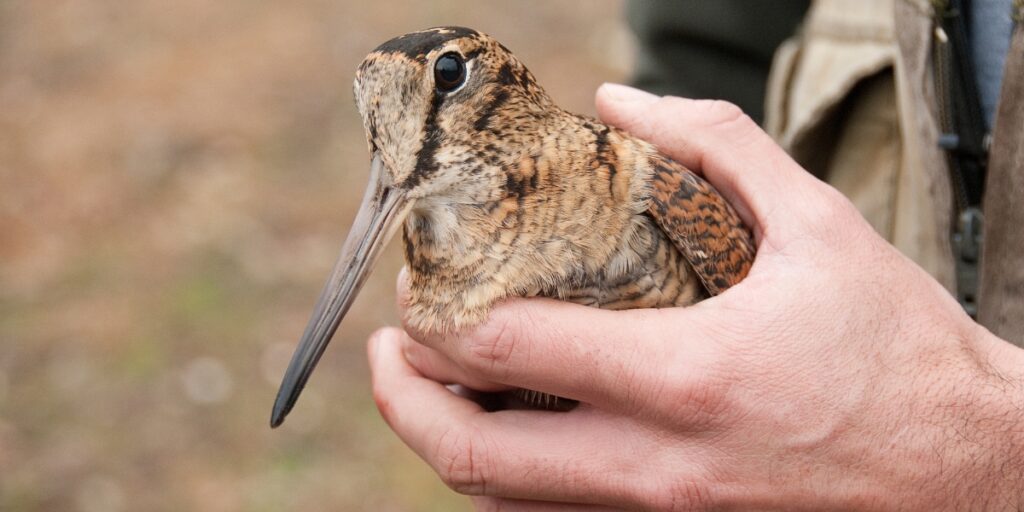
Richard Fussell is a keen game shooter and a specialist in providing sustainable woodcock days. He offers woodcock shooting over several pockets of woodland in west Wales, and the emphasis is firmly on conservation.
Richard says: “I have been organising woodcock days for nearly 30 years. I carefully monitor the numbers to ensure we are not harming population levels. Fortunately, the numbers are very healthy and continue to move in the right direction. If they were to go down, we would review our approach.
“There are no resident woodcock on the land. The migrant birds arrive after the last full moon in November. We give them time to settle and don’t start shooting until 1 December.
“We carefully examine the first bird we shoot. If it appears to be weak or in poor condition, we stop and give them more time before shooting continues.
“We have lots of woods and shoot each area of woodland sensitively, in line with the BASC recommendations. It’s never about numbers of birds, it’s all about the quality of the shooting.
“We have teams of Guns, usually no more than six people, who come from all over the UK and overseas, including Norway and Italy, to shoot woodcock. Some of them have been coming for 19 years.”
The conservation priority is continued habitat management, along with careful monitoring to check for the presence of any resident birds, although Richard says he has never seen one on the land.
Richard also submits woodcock wings to the ongoing wing survey research project. This project collects data on the age and sex of waterfowl to provide evidence to help inform future decisions relating to woodcock and sustainable shooting.
To find out more about the advice surrounding woodcock harvest visit gwct.org.uk
The full research article: Evaluation of self-regulation by the hunting community: A case study on the voluntary restraint of woodcock hunting in the UK. McNicol, C., Ellis, M. & Madden, J. 2024. Ecology and Evolution 14 (5).
Researchers would like to thank all BASC members who participated in surveys. Thank you for submitting data to our BASC wing survey and requests for game cards.
Dr Cat Mcnicol is a BASC senior scientific advisor.


To mark World Wetlands Day 2024, Sarah Pinnell explains what makes wetland habitats so special and highlights some of the work carried out to protect them.
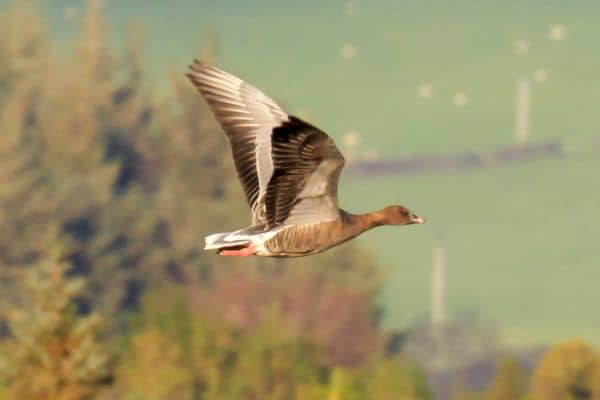
As wildfowling comes under increasing pressure from changes in lifestyle and consenting arrangements, the Leicestershire Wildfowlers Association is one of several forward-looking clubs pushing the boundaries.
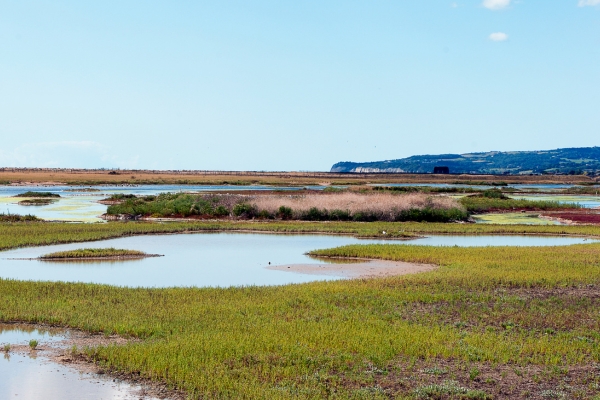
Ian Danby outlines the opportunities – and potential threats – for shooting presented by Natural England’s State of Natural Capital Report.
Sign up to our weekly newsletter and get all the latest updates straight to your inbox.
© 2025 British Association for Shooting and Conservation. Registered Office: Marford Mill, Rossett, Wrexham, LL12 0HL – Registered Society No: 28488R. BASC is a trading name of the British Association for Shooting and Conservation Limited which is authorised and regulated by the Financial Conduct Authority (FCA) under firm reference number 311937.
BASC Direct Ltd is an Introducer Appointed Representative of Agria Pet Insurance Ltd who administer the insurance and is authorised and regulated by the Financial Conduct Authority, Financial Services Register Number 496160. Agria Pet Insurance is registered and incorporated in England and Wales with registered number 04258783. Registered office: First Floor, Blue Leanie, Walton Street, Aylesbury, Buckinghamshire, HP21 7QW. Agria insurance policies are underwritten by Agria Försäkring.
If you have any questions or complaints about your BASC membership insurance cover, please email us. More information about resolving complaints can be found on the FCA website or on the EU ODR platform.